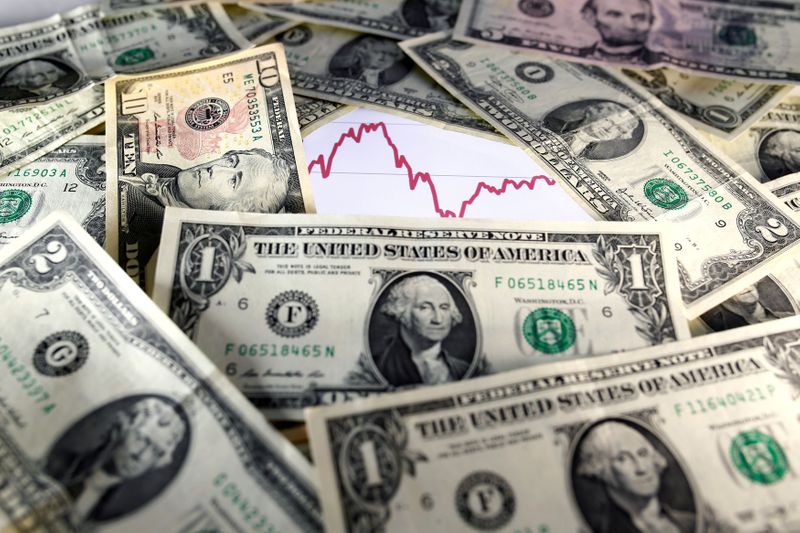This post was originally published on this site
https://i-invdn-com.akamaized.net/trkd-images/LYNXMPEFBN08H_L.jpg
By David Randall
NEW YORK (Reuters) – Exchange-traded funds that use leverage to offer double or triple the daily return of benchmark U.S. stock indexes rank among the 10 top-performing funds of the decade, with returns that in some cases neared 2,000%, despite warnings that they are not suitable for most investors.
The huge gains for leveraged ETFs reflect the benefits of betting on growth during the longest bull market in history. But they also highlight the subtle ways in which record-low volatility bolstered investors.
High volatility hurts leveraged ETFs by adding costs to the daily rebalancing trades necessary to maintain leverage.
Fund experts and analysts caution that the outsized returns for leveraged funds may not be repeated in the decade ahead.
“This was virtually the perfect decade. You had very low volatility, very low borrowing costs, and above-average market returns,” said William Trainor, a professor at East Tennessee State University who specializes in the study of leveraged ETFs.
While leveraged funds will outperform other options in the decade ahead, Trainor said, rising borrowing costs over the next 3 to 4 years will likely weigh on possible gains.
“I don’t think we will see the returns that we’ve seen again,” he said.
The Direxion Daily Technology Bull 3X ETF (P:), for instance, returned nearly 1,920% between the start of 2010 through November of this year, according to Morningstar data, the biggest gain among the roughly 10,000 mutual funds and ETFs available in the United States. The ProShares Ultra QQQ (P:), which offers two times the daily return of the , posted the second-best return with a nearly 1,330% gain over the decade.
The top actively managed U.S. stock fund over the decade, by comparison, gained 441%, led by the Virtus KAR Small-Cap Growth fund, the Fidelity Select Retailing fund, and the Berkshire Focus fund.
Despite their outperformance, leveraged funds remain more suitable for tactical investors such as hedge funds than long-term investors, said Todd Rosenbluth, director of ETF and mutual fund research at CFRA.
“You can be very, very right or very, very wrong [with the use of leverage] and that can also reverse itself relatively quickly,” he said.
Investors in exchange-traded notes that made leveraged bets on volatility, for instance, suffered one-day losses of 90% in February, 2018, after the plunged.
Approximately $35 billion in assets is invested in leveraged ETFs and mutual funds, according to Refinitiv Lipper data, with most investors holding the funds for only a few days or weeks at a time.
Robert Nestor, president of leveraged-fund provider Direxion, said that the firm is expecting much of its growth to come in providing funds with no net leverage that appeal to longer-term investors interested in issues such as ESG, a catch-all term for investing in companies that focus on environmental, social, and governance issues.
“We’re looking at things that are relevant to other big pockets of assets and investors that don’t have or want high levels or leverage,” he said.

